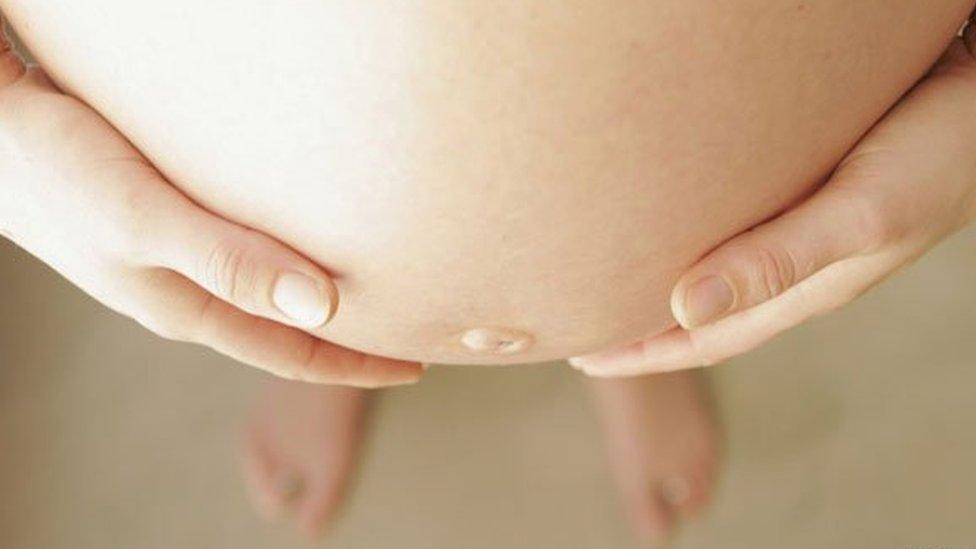Primodos: Somerset woman says people 'will keep fighting'
- Published
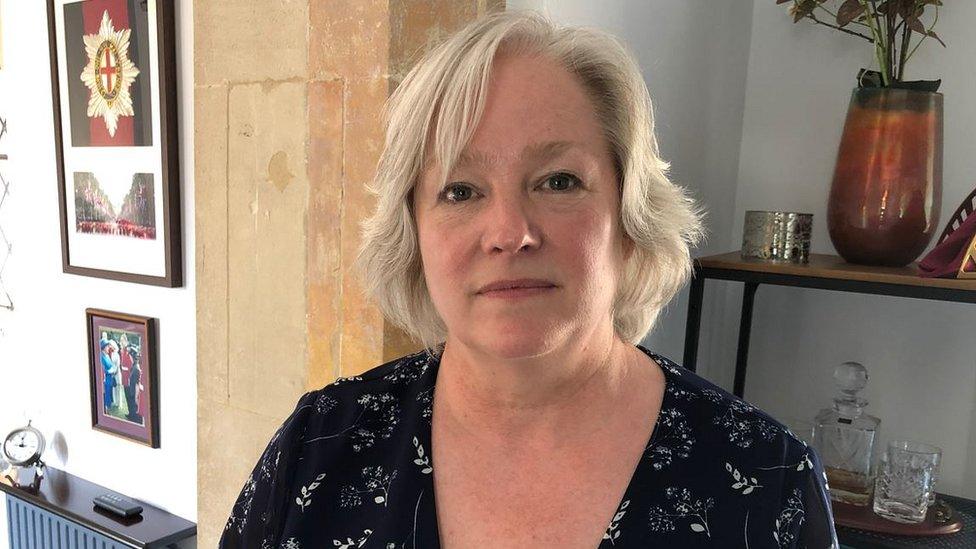
Bethan Dickson said the campaign group she is a part of has been trying to get "justice for people, some of whom can't speak for themselves"
A woman born with a heart murmur and deformities in her feet has spoken out after a legal case against a drug manufacturer was thrown out by a court.
Bethan Dickson believes her health problems were caused by Primodos, which her mother took while she was pregnant.
The oral pregnancy test was taken by more than one million women in the UK in the 1960s and 70s.
On Friday, the High Court legal case was dismissed, after a judge said it had "no real prospect of success".
Speaking on behalf of the campaign group she is part of, Ms Dickson, from Wells, said: "We will keep fighting."
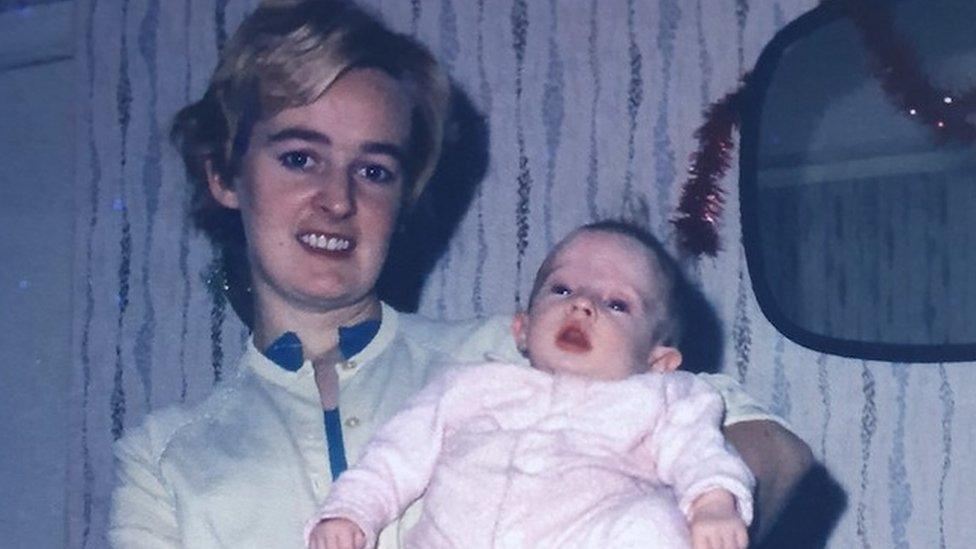
Bethan Dickson's mother took Primodos when she was carrying her
She said The Association for Children Damaged by Hormone Pregnancy Tests (ACDHPT) has been "trying for decades to get justice for people, some of whom can't speak for themselves".
The group, which was formed when the drug was withdrawn from market, was seeking legal action against three drug companies - Bayer Pharma, Schering Health Care, Aventis Pharma - as well as the UK government in a bid for compensation.
However, the judge threw out the claims involving more than 170 people, after the firms said there was no evidence of a "causal association" between the drug and the harm suffered by the claimants.
Withdrawn in 1978
The test, which consisted of two pills that contained synthetic hormones, was used as a faster alternative to urine sample tests.
It was prescribed to more than one million women before it was withdrawn in 1978, over concerns it may have led to birth defects in newborns as well as some miscarriages and stillbirths.
Although a 2017 government review said there was not enough evidence to prove a link between the drug and the issues, epidemiologists from Oxford University contested the findings., external
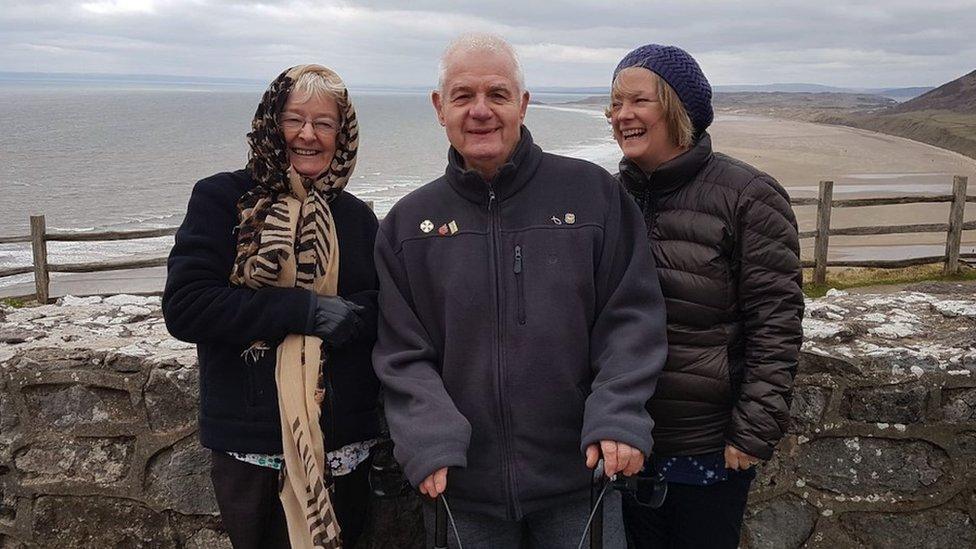
Bethan Dickson (right) with her parents
When Ms Dickson was born in the 1960s, she suffered with respiratory issues, and when she was three months old, doctors discovered she had a systolic heart murmur., external
She also suffers from deformities in her feet, which left her feeling "quite isolated" as a child.
"I can never remember a point in my life where I haven't had pain in my feet," she said.
Her mother was prescribed Primodos in the 1960s to determine whether or not she was pregnant.
At the time, Ms Dickson said people seemed accepting of a doctor's authority and there was "less willingness to challenge".
It wasn't until the late 1970s that a family friend approached Bethan's parents and suggested her health problems could be linked to the drug.
Ms Dickson said that some parents had expressed guilt, adding "no mother wants to cause their child pain".
When the judge discontinued the case, she said she felt "really hurt" and "very disappointed".
"It's very difficult to speak out about something like this… speaking out is tough and it feels really exposing, and I'm only doing it because there are so many of our members that can't do it themselves," she said.
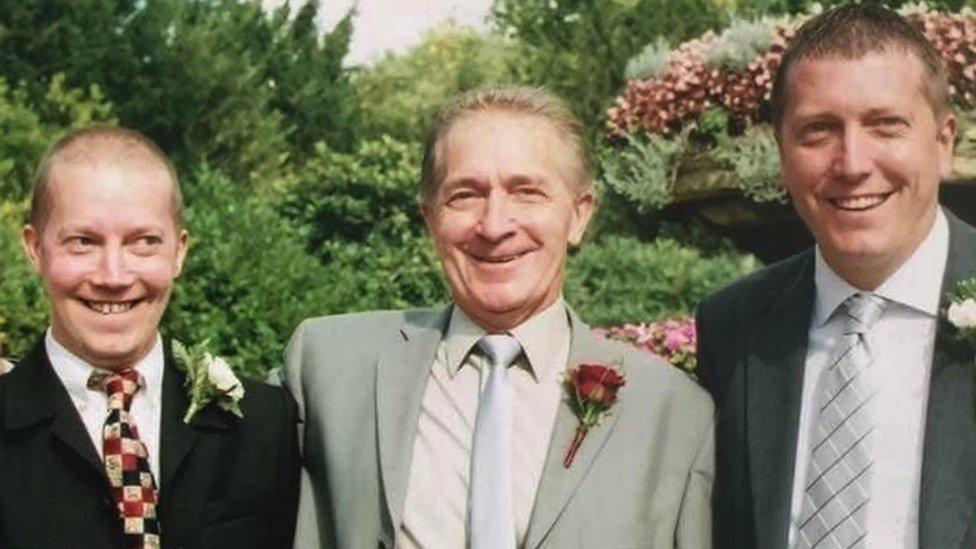
Raymond, with his father and older brother, suffered from his heart not developing in the womb
Sheila Harvey, an 80-year-old mother from Essex, was given Primodos at the start of her second pregnancy in 1967.
She said her pregnancy and home delivery were all "good", and her son Raymond weighed 8lbs (3.63kg) when he was born.
However, she realised things were "a bit awful from then onwards" as he did not gain any weight.
She said: "I didn't know what was going to hit me."
Three months into his life, and after multiple visits to different doctors and hospitals, a team of surgeons at Great Ormond Street Hospital (GOSH) discovered that Raymond's heart had failed to develop properly in the womb.
Only one ventricle had formed and the main arteries into his heart were the wrong way around.
Raymond is now 54-years-old and is living in Peasedown St John in Somerset.
Health 'significantly impacted'
He has undergone six surgical procedures in his life, with the most recent being at the age of 16.
Ms Harvey said Raymond's poor health significantly impacted his childhood and education.
She said: "We were backwards and forwards [to hospital] because there was nothing they could do.
"We were taking each day as it comes… it was dreadful, awful."
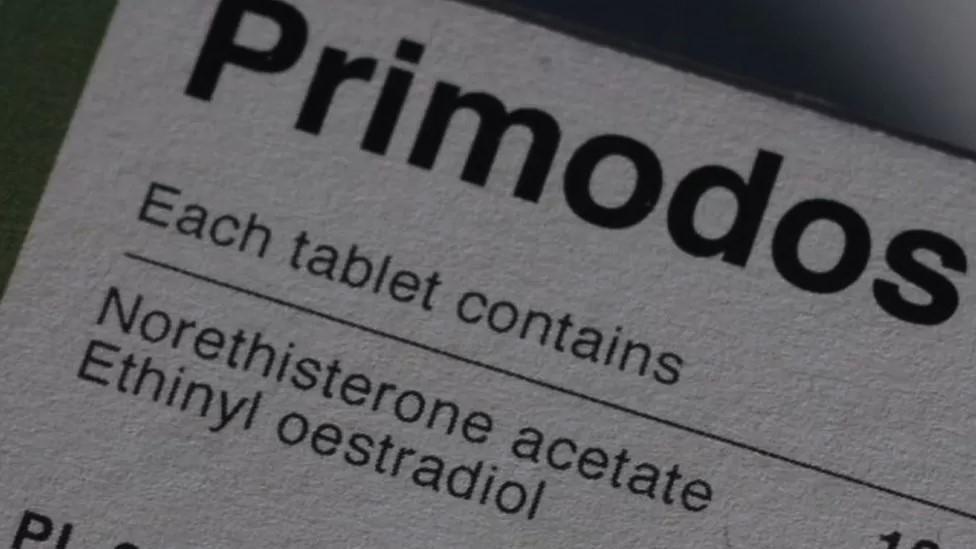
The ingredients in Primodos
In a statement released after the case was dismissed, Bayer again denied Primodos was responsible for causing any congenital anomalies in children, miscarriages or stillbirth.
Previous UK litigation against the manufacturer ended in 1982 after the claimants' legal team decided to discontinue the legal action on grounds that there was "no realistic possibility of showing the drug caused the congenital anomalies alleged."
The statement continued: "Bayer maintains no new significant scientific knowledge has been produced which would call into question the validity of the previous assessment of there being no link between the drug and the congenital anomalies."
A spokesperson from the Department of Health and Social Care said: "We note the court's decision in this case.
"We cannot comment on other ongoing legal proceedings."

Follow BBC West on Facebook, external, Twitter, external and Instagram, external. Send your story ideas to: bristol@bbc.co.uk , external
- Published26 May 2023
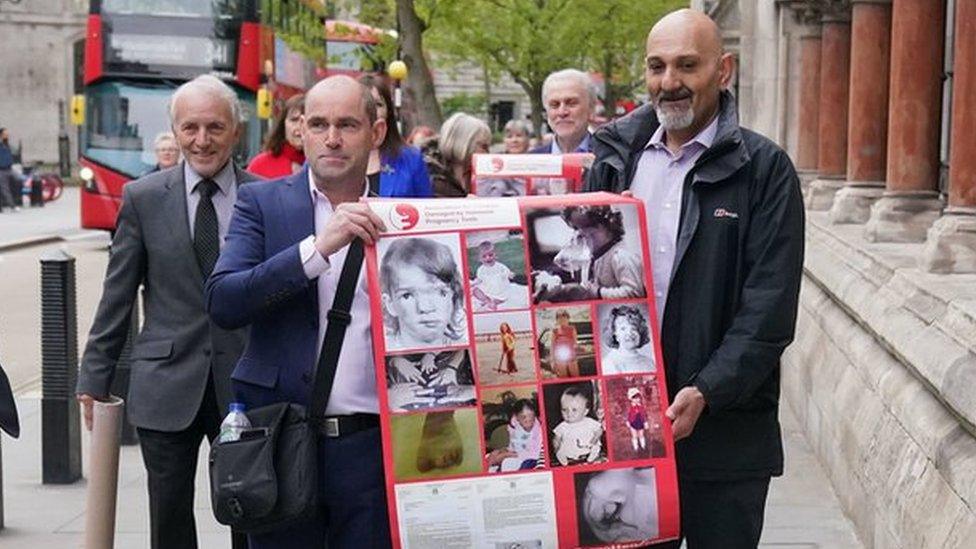
- Published8 July 2021
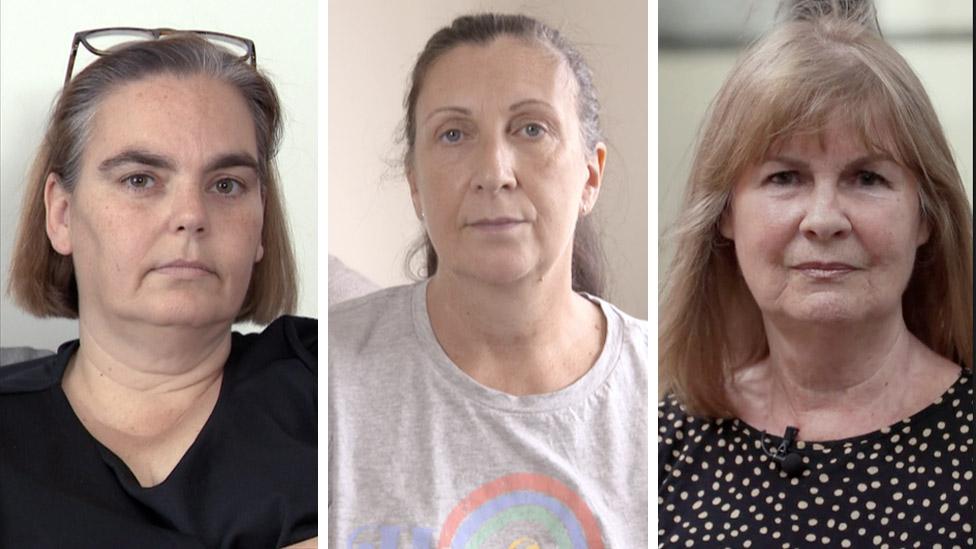
- Published7 July 2020
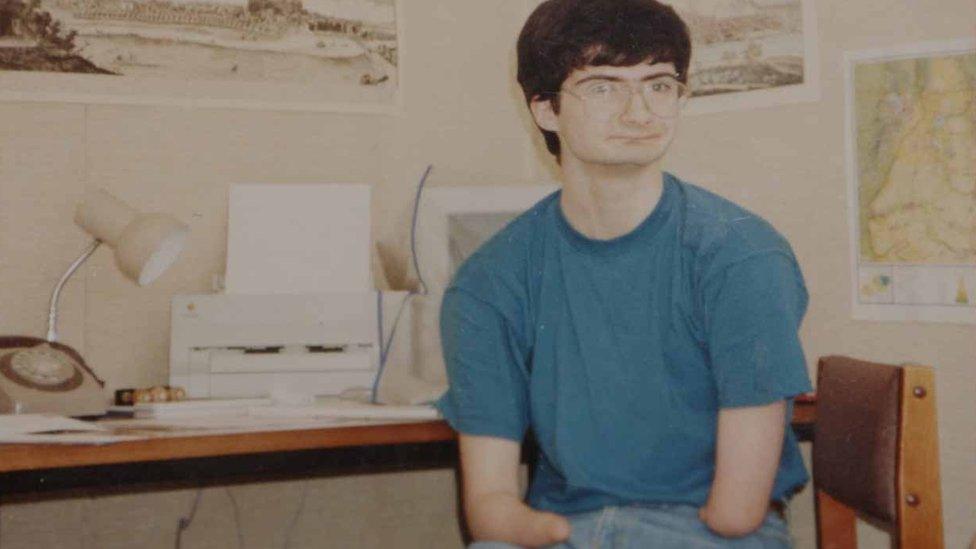
- Published29 November 2018
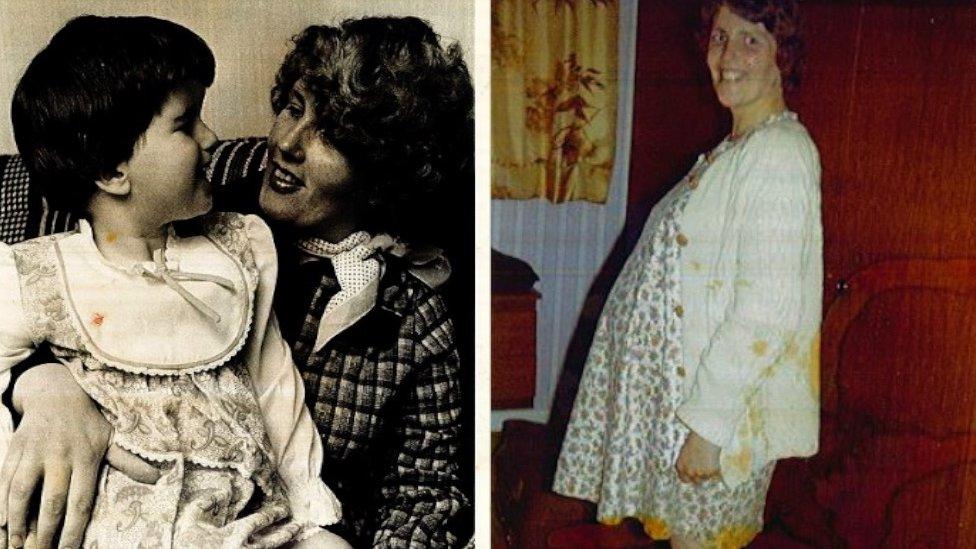
- Published15 November 2017
